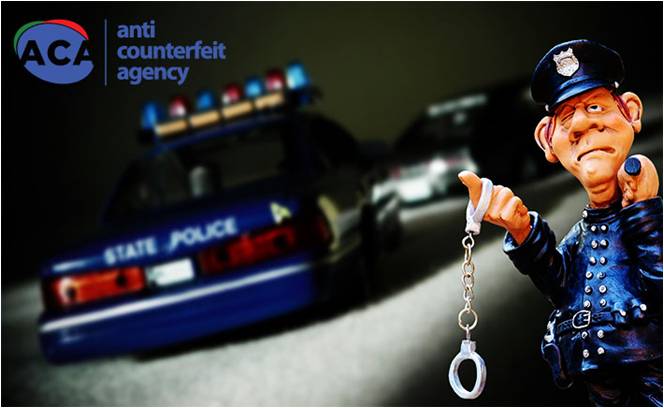Towards a Counterfeit-Free Kenya: Anti-Counterfeit Agency Bold New Roadmap – Part 2
- Victor Nzomo |
- September 1, 2017 |
- CIPIT Insights,
- Counterfeits

The Anti-Counterfeit Act was assented to on December 24th 2008 and soon after the Anti-Counterfeit Agency (ACA) was established with the mandate to administer anti-counterfeiting law and policy in Kenya. The Agency has three main functions. It enforces the provisions of the Anti-Counterfeit Act, it enlightens and informs the public on counterfeiting issues and combats counterfeiting in the country. The Act was viewed as giving law enforcement agencies “teeth to bite” in the fight against the proliferation of counterfeit products in Kenya.
Almost 10 years since the enactment of this law, ACA aims to position itself as a key player in the national agenda by protecting the economy and facilitating a conducive commercial culture for trade. The 2017-2022 ACA stategic plan outlines an ambitious roadmap towards ‘a counterfeit-free Kenya’ and it uses a multifaceted approach in dealing with trade in counterfeit goods in the country. ACA’s new push in achieving its mandate themed: “Taking Responsibility in the War against Counterfeiting” has three main facets, namely collaboration, operational actions and consumer-focused actions.
Part 1 focused on collaboration and now in Part 2, the focus will be on various ACA operational actions such as enforcement, capacity building and use of ICT and technical tools as well as consumer focused actions notably consumer awareness campaigns.
Enforcement is ACA’s core mandate in the fight against counterfeit trade across the country with a focus on fake goods produced both externally and internally. Thus ACA seeks to disrupt the counterfeit goods supply chain from production to distribution. According to ACA, the total value of seizures of counterfeit goods is worth over Ksh 1.5 billion with 630 arrests across the country in the last four years. Furthermore, ACA has pending litigation with respect to goods worth Ksh 806 million. Finally, ACA has been successful in raising awareness about the dangers of counterfeit goods through public destruction events and so far over Ksh 700 million worth of fake products have been destroyed.
With regard to capacity building, ACA operates at both national and county levels. At the national level, ACA has trained over 1000 police and 120 magistrates and prosecutors on intellectual property (IP) rights, anti-counterfeiting laws and emerging trends in combating fakes. At the county level, ACA has partnerships with 27 counties and has trained their inspectorates and trade officers on tracking and combating counterfeits in the devolved units. Finally, ACA has announced that it is partnering with trade mark owners to roll out a computer-based product authentication system. This system will rely on handheld devices which will allow for the detection of counterfeit goods.
Consumer awareness is an important way in which counterfeiting can be tackled and ACA is doing its best to empower consumers to make more informed decisions. Through its colloboration efforts and JCAC activities, ACA has reached out to the public through agricultural shows, roadshows, public events and other forms of public education countrywide. A popular campaign that some readers may have heard of is “Fagia Bandia” which is aimed at enlightening consumers about the damaging effects of counterfeits on public health, safety, the economy, jobs and businesses.
